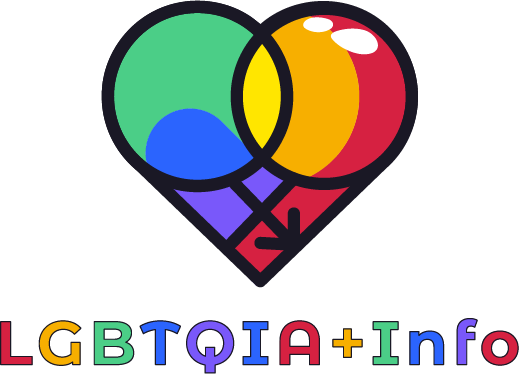A drag queen’s recent performance at a high school prom in Albuquerque, New Mexico, has stirred controversy, resulting in death threats against the performer and administrative actions at the school.
Drag Queen’s Performance Sparks Backlash
Dylan Payan, known by the stage name Mythica Sahreen, performed at the Atrisco Heritage Academy High School prom on April 20, garnering attention both in person and on social media.
Sahreen’s performance, characterized by twerking and provocative attire, has led to a cascade of negative feedback, primarily from social media commentators expressing transphobic sentiments and concerns about appropriateness for a minor audience.
Response from Students and School Officials
While some students found the performance intriguing, others expressed discomfort with its venue and context. Despite prior approval from school officials regarding the performance and attire, Sahreen faced a barrage of hateful messages, including death threats, following the event. Despite attempts to contact the school administration, Sahreen has yet to receive a response.

Administrative Action and Community Response
In response to the controversy, the Albuquerque Public Schools district launched an investigation into the incident’s impact on students. The school’s principal was replaced, though it remains uncertain whether she was directly involved in Sahreen’s booking.
However, the performer’s advocacy for LGBTQ+ students and previous positive interactions with the school suggest a more complex narrative.
Larger Cultural Context
This incident reflects broader debates surrounding drag performances and LGBTQ+ visibility, with conservative and anti-LGBTQ+ groups framing drag as adult entertainment that sexualizes children.
Such narratives, coupled with legislative efforts to restrict drag performances in certain states, highlight ongoing tensions regarding free speech and LGBTQ+ rights.
Conclusion
The backlash against Mythica Sahreen’s performance underscores the challenges faced by LGBTQ+ individuals in navigating public spaces and highlights the importance of fostering inclusive environments within educational institutions.
As discussions surrounding drag and LGBTQ+ representation continue, it is essential to prioritize empathy, understanding, and respect for diverse identities and expressions.

